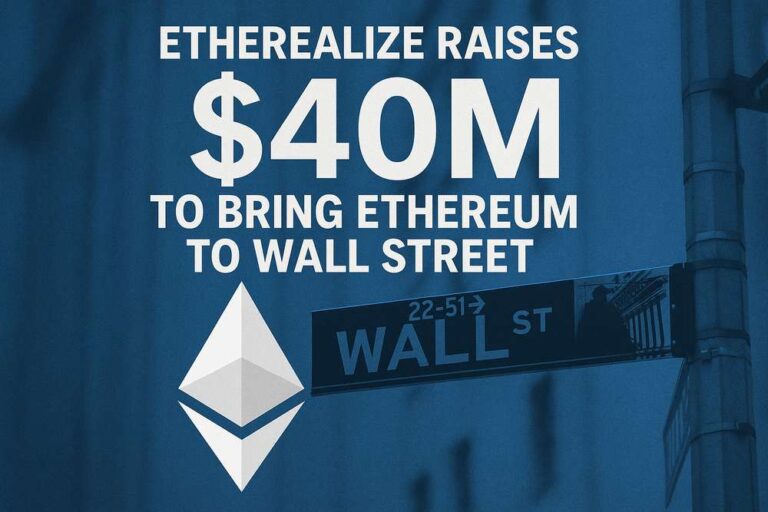[adrotate group="2"]
The Current State of Cryptocurrency
The
bitcoin market
has transitioned from a niche interest to a mainstream financial asset. The events anticipated in 2024 are pivotal to this growth:
- Bitcoin ETF Approvals: The sanctioning of several Bitcoin ETFs has conferred a sense of legitimacy on digital assets.
- Institutional Entry: Major firms such as Fidelity and BlackRock have entered the cryptocurrency space.
- Growth of DeFi: Decentralized finance continues to challenge traditional financial paradigms.
- Market Growth: The Bitcoin halving has triggered a bullish market, leading to new price highs.
Despite these progressions, the industry still grapples with issues like regulatory inconsistencies and environmental impacts.
1. Regenerative Finance (ReFi) and Eco-Friendly Crypto Initiatives
A focus on environmental sustainability is increasingly prominent within the crypto sector. ReFi aims to address ecological damage through blockchain-supported projects. Essential elements include:
- Carbon-Negative Initiatives: Projects designed to sequester more carbon than they emit.
- Renewable Energy Mining: Advocating for clean energy in blockchain mining activities.
ReFi projects align with international environmental objectives and may alter public perceptions of cryptocurrencies. Partnerships between public entities and private firms could further propel this movement.
2. Blockchain-Driven Dispute Resolution
As the adoption of blockchain technology grows, there is a pressing need for effective dispute resolution systems within decentralized frameworks. Options like on-chain governance and smart contract arbitration are becoming more prevalent, providing benefits such as:
- Automated Resolutions: Minimizing reliance on conventional legal processes.
- Cost-Effectiveness: Reduced costs in comparison to traditional court proceedings.
- Transparency: Mechanisms that foster trust among blockchain users.
This framework is particularly crucial for businesses adopting blockchain, as robust governance structures are essential for scalability.
3. Central Bank Digital Currencies (CBDCs)
CBDCs are digital equivalents of fiat currency issued by central banks. By 2025, various countries are expected to launch CBDC initiatives to modernize payment systems and enhance financial accessibility.
Benefits of CBDCs:
|
Feature |
Benefit |
|
Secure Digital Payments |
Reduced dependence on cash |
|
Financial Inclusion |
Enhanced access for underserved communities |
|
Transaction Efficiency |
Speedier and more affordable transactions |
These digital currencies have the potential to transform monetary systems, although significant concerns regarding privacy and government oversight remain.
4. Decentralized Identity (DID) Solutions
DID systems allow individuals to securely manage their digital identities. These systems, based on blockchain technology, eliminate centralized authority, thereby reducing the risk of data breaches and enhancing privacy.
Potential Implications:
- Healthcare: Safe sharing of patient medical histories.
- E-Commerce: Trusted verification for online transactions.
- Data Privacy: Empowering individuals to manage their personal data.
As awareness of digital privacy issues increases, DID solutions could become vital for protecting online interactions.
5. Decentralized AI (deAI)
Decentralized artificial intelligence merges blockchain with AI to distribute computation and data management. Unlike traditional AI frameworks, deAI emphasizes transparency, security, and privacy.
deAI Use Cases:
- Healthcare: Enhanced diagnostic capabilities through aggregated anonymized data.
- Finance: Detection of fraudulent activities via collaborative models.
- Logistics: Improved supply chains without centralized oversight.
By democratizing access to AI, deAI empowers smaller enterprises and fosters ethical practices in AI development.
Preparing for a Transformative Year Ahead
Cryptocurrencies have evolved beyond mere trading and speculation; they now contribute to addressing worldwide challenges such as environmental restoration and financial accessibility. Developments in governance, decentralized identity, and AI integration promise a future characterized by innovation and equity.
To navigate this rapidly evolving landscape, individuals and organizations must adopt these emerging trends. Understanding their implications will create opportunities in this dynamic industry.





